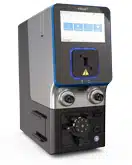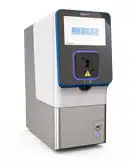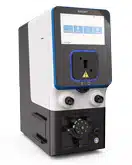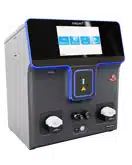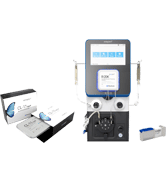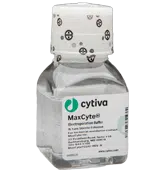Webinars & Presentations
Applications
- Virus-like Particles
- Cell Based Assays
- Cell Therapy
- CRISPR/Gene Editing
- Gene Editing
- Protein Production
Cell Types
- Cancer Cell Lines
- CHO
- Dendritic Cells
- HEK293
- HSPCs
- Insect Cell Lines (S2/Sf9/Sf21)
- ion channels
- iPSCs
- NK Cells
- NPCs/NSCs
- PBMCs
- T Cells
